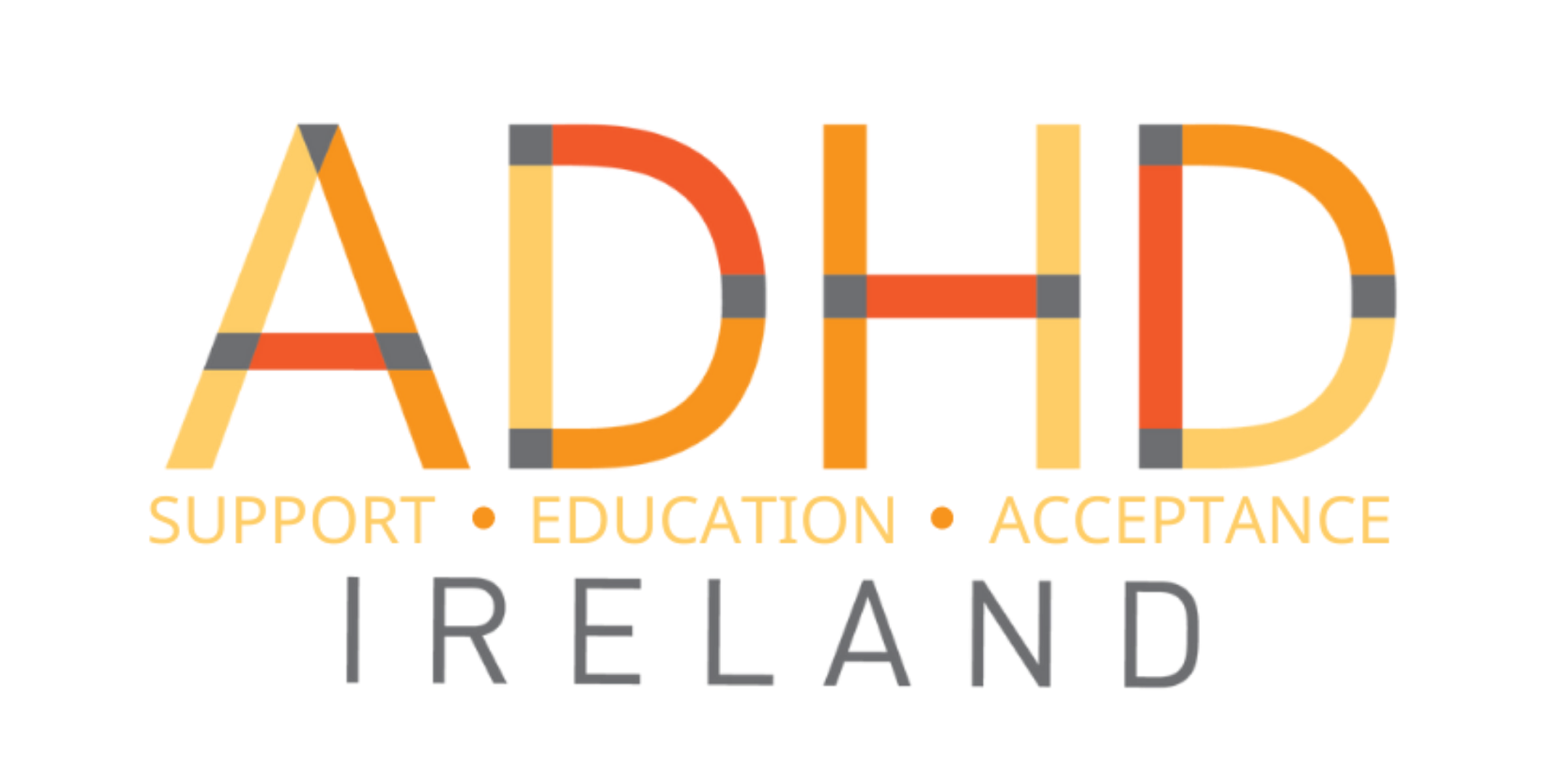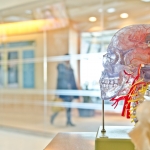6 Reasons ADHD Treatment Fail!
Why do so many people with ADHD struggle to find relief from their symptoms? From taking away interventions too soon to trying therapy before medication, here are six common obstacles to successful treatment — and how to avoid them.
The media generally portrays attention deficit disorder (ADHD or ADD) as a controversial diagnosis. Some doubters question whether it is a real disorder, despite the fact that ADHD has been acknowledged by medical researchers since 1902, and it was first found to be responsive to stimulants in 1936. It has been treated with medication by professionals ever since. Why, then, do so many with ADHD struggle to find relief from their symptoms? Here are six common obstacles to successful treatment:
1. Therapy Rarely Works Without ADHD Medication
Many of my patients ask, “Do I have to take medication? Can’t we try counselling first?” When clients are initially diagnosed, many want to begin with a less invasive approach (coaching, counselling, or tutoring) before deploying the “big gun” of medication. It’s a terrific idea, except that it is almost always wrong.
ADHD is a neurological disorder. It doesn’t just go away, and it has strong genetic origins. Some people learn to cope better naturally over time, but medication is a powerful tool that can immediately reduce ADHD symptoms in most people. Counselling should begin after medication has been successfully introduced. Imagine being told to “try squinting for three months, before we take the step of writing you a prescription for eyeglasses.” If you need glasses to see, why struggle and fail before receiving the tool you need?
If inattention and impulsivity are first reduced by medication, the individual with ADHD can better apply the coping skills she will learn from counselling. She will be able to slow down and problem-solve. Doing counselling first risks that the client will give up on it based on her inability to remember to use what she learns with the therapist. Sometimes, granting the client’s wishes is not helpful.
2. Most Clinicians Don’t Understand ADHD
Many patients say, “The doctor asked why I keep doing impulsive things. How would I know?” Imagine being asked to explain the behaviour that sent you to the doctor in the first place. Those diagnosed with ADHD are impulsive for a reason; it is how they are wired. Repeating the painful experience of unsuccessfully explaining symptoms will not forge a therapeutic bond, but it might convince the patient that treatment is a waste of time.
Clinicians shouldn’t ask a person with ADHD why he isn’t more organised and better prepared. ADHD is not a choice.
3. Learned Helplessness Is a Real Psychological Phenomenon
“Why do I have to go to the tutor? Tutoring never really helps me.” A client may erroneously conclude that tutoring isn’t going to work, based on her failure to have benefited from it when her ADHD was unmedicated. Psychologist Martin Seligman, Ph.D., author of Learned Helplessness, studied the impact of repeated failure experiences on future coping efforts. He found that after enough trials in which an electric shock could not be successfully avoided, subjects stopped making efforts to avoid the shock altogether. Seligman concluded that when escape behaviours prove ineffective, the escape efforts disappear, a process he termed “learned helplessness.”
Consider the experience of trying your hardest, only to repeatedly fail. Now pour on a generous helping of “Why don’t you just try harder?” It is easy to see why a patient would just give up. Resist drawing the conclusion that trying won’t help. Find a specialist with experience in treating ADHD to avoid being given useless advice.
4. Society Removes ADHD Interventions When the Patient Improves
“Why did they take the accommodation away, just when it started to help me?” In public schools, the short answer is money. Administrators, and some teachers, mistake tools vital to continued progress for training wheels on a bicycle: “You have brought your grades up significantly this semester, now that we have provided you with eyeglasses for your myopia. Now, let’s see if you can manage without them and do just as well.”
Why people think you will “grow out of” a heritable neurological condition escapes me. Many people with ADHD learn to compensate for it over time. It does not just disappear. You learn how to psychologically “squint,” if the ADHD symptoms are mild. As with near-sightedness, the need for eyeglasses persists. Success means that one should continue the intervention that brought the success.
5. Many People Stop Treatment Too Early
Many clients have told me: “Come to think of it, I did do better when I was medicated as a kid. I refused to take medication after I hit junior high. Do you think that has anything to do with why I keep flunking out of college; wrecking my car; drinking too much; making bad choices in relationships; performing inconsistently at work?”
I wish I had a dollar for every adult I treated for ADHD who had been diagnosed and successfully treated as a child, but who stopped taking his medication as a young adult. When they struggle and return for help as adults, they usually fail to connect the symptoms with their having prematurely stopped treatment.
6. Parents Fail to Recognize (and Treat) Their Own Symptoms
Many parents say: “We did try medication with our child, but it didn’t work. Why do you think it will work now?” As an ADHD specialist, I routinely identified and treated the parent with ADHD, especially if he or she would be administering the medication to her child. Too many parents tell me, “We gave him the meds during the first two weeks, and things got a little better. After the third week, we forgot to give it sometimes, and the teacher started complaining that it wasn’t working anymore. I called the doctor, who increased the dosage. Then a mom told me that my son looked like a zombie in class, so I took him off those terrible drugs. Did I make a mistake?”
Clinicians often fail to take into account that ADHD symptoms are likely to be inconsistent. If stimulants are not carefully titrated, under systematic observation, the optimal dosage may never be found. Even worse, if medication is given erratically, the optimal dosage may be overshot, particularly if medication is increased in big jumps.
A key reason to initially identify and treat parents with ADHD before treating their symptomatic children (even though this approach is almost universally rejected by parents) is to avoid reports of diminished effectiveness due to the fact that the parents with ADHD were inconsistent in administering their children’s medication. A parent who prefers to begin treating the child before herself isn’t making a wise choice.
The tendency to increase the dosage of a stimulant too quickly is often aggravated by the limits placed by managed care on both the amount of time spent by the prescribing doctor and the frequency of appointments. An overmedicated kid may look like a zombie, but the correct response is to lower the dosage, not to stop treatment. Clinicians need to dose stimulants smoothly and slowly up to an optimal, not just an improved, level of performance.
This article is from Steven Tenenbaum, Ph.D., is a former psychologist who ran the Attention Deficit Clinic in St. Louis for more than 20 years. He has been diagnosed with ADHD and raised two children with the disorder.
January 2019


 Photo by jesse orrico on Unsplash
Photo by jesse orrico on Unsplash